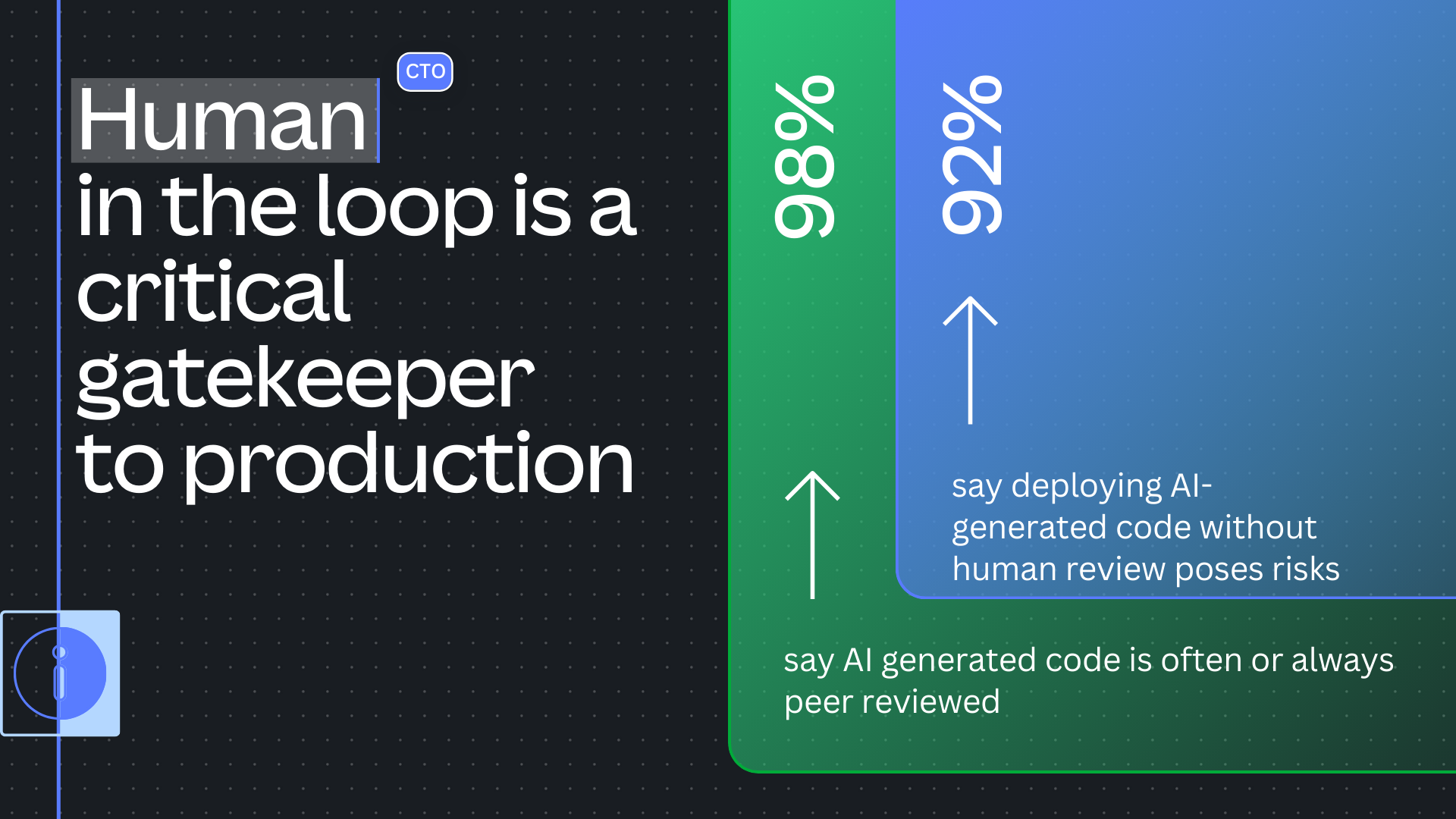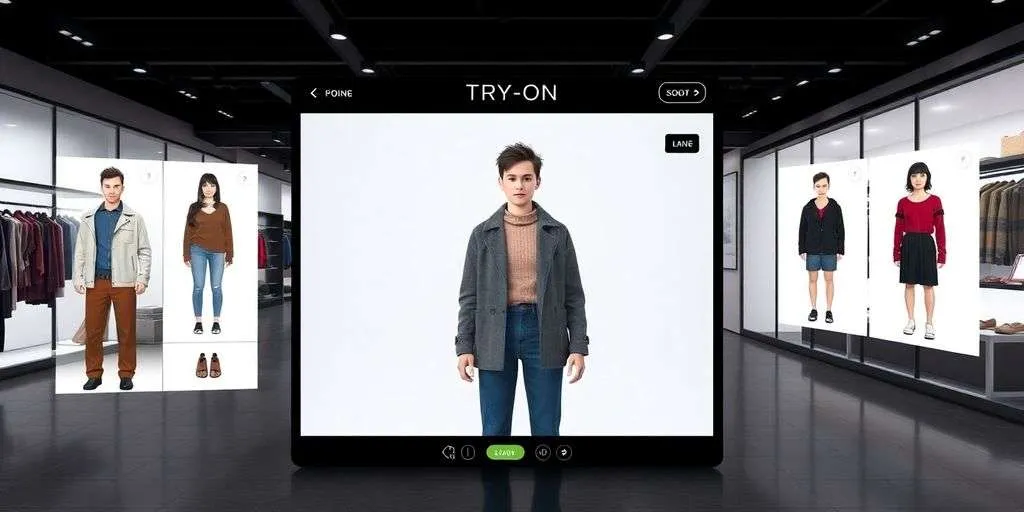The rise of AI-assisted coding tools is hard to miss. A new report from the visual communication platform Canva finds that every Chief Information Officer (CIO) in India is already using these tools. The study, which surveyed 300 technology decision-makers across North America, Europe, and Asia-Pacific, makes one thing clear: AI is becoming a standard part of development, but human oversight is still seen as critical for ensuring code quality.
Key Takeaways
- All CIOs in India use AI-assisted coding tools
- 94% of Indian developers use these tools daily
- 72% cite productivity gains as the main reason for adoption
- 98% of Indian leaders say AI-generated code is always or often reviewed by humans
- Concerns remain around over-reliance on AI and security risks
AI Adoption and Productivity
The survey highlights how deeply AI has been adopted in software engineering. In India, 100% of CIOs surveyed use AI-assisted coding, and 94% of developers say they rely on these tools every day. Looking ahead, 84% of organizations expect their use of AI in coding to increase significantly over the next year.
The main driver here is productivity. Around 72% of respondents said AI helps them work faster and more efficiently. These tools are often used for rapid prototyping, generating code drafts, or exploring new approaches. That makes it easier for teams to experiment, cut costs, and shorten development timelines.
The Need for Human Review
Despite the benefits, technology leaders remain cautious. The report shows that 92% of leaders believe there are risks if AI-generated code is deployed without careful review. Concerns include security, maintainability, and overall quality.
In India, human review has become a standard practice. Nearly all leaders surveyed, 98%, confirmed that AI-generated code is always or often reviewed by humans before being merged into the main codebase. This responsibility often falls to senior leadership, with 72% saying oversight rests with the Chief Technology Officer or CIO.
Brendan Humphreys, CTO at Canva, explained, “AI in engineering is a real disruptive change that can’t be ignored. When paired with human judgment and expertise, it unlocks significant benefits from rapid prototyping to faster development cycles and greater productivity.”
Evolving Developer Skills
The report also shows how AI is shaping the skillsets of developers. A large majority, 98%, of leaders believe AI tools are changing what developers need to know. Every leader surveyed, 100%, said they are comfortable with these tools being used in technical interviews.
At the same time, there is some hesitation. About 28% of leaders worry developers might rely too much on AI and stop taking responsibility for their code. Another 28% pointed to potential security or compliance risks. A further 20% expressed concern that junior developers could miss out on building strong fundamentals if they depend on AI too soon.
These concerns underline the need for training programs that teach developers how to use AI responsibly. The goal is not to replace their skills, but to help them combine AI’s efficiency with their own judgment and problem-solving abilities.
As Humphreys summed up, “The engineers who will thrive in this new era are adopting AI to enhance their thinking and output, not replace it. They’re bringing creativity, critical thinking, and a deep sense of ownership. That’s how organizations will move fast, innovate, and build responsibly.”
Related FAQs
Q: What is AI-assisted coding?
A: AI-assisted coding refers to using artificial intelligence tools to help developers write, debug, and optimize software code. These tools can autocomplete code, suggest improvements, and even generate entire functions.
Q: What are the main benefits of using AI in coding?
A: The main benefits include increased developer productivity, faster development cycles, and the ability to quickly prototype and explore new ideas.
Q: Why is human review of AI-generated code important?
A: Human review is crucial to ensure the code is secure, maintainable, and meets quality standards. AI can sometimes produce code with errors, security vulnerabilities, or poor readability that a human must fix.
Q: How is the role of a software developer changing because of AI?
A: Developers are becoming more like “AI partners.” They now need to know how to use AI tools effectively, review the AI’s output with a critical eye, and focus on higher-level tasks like system design, architecture, and problem-solving. Junior developers in particular need to be careful to not rely on AI tools too much.
Q: Is AI a threat to a developer’s job?
A: The report suggests AI is a tool that enhances a developer’s ability, rather than replacing them. Instead of a threat, it presents an opportunity for developers to increase their productivity and focus on more complex, creative work.



















